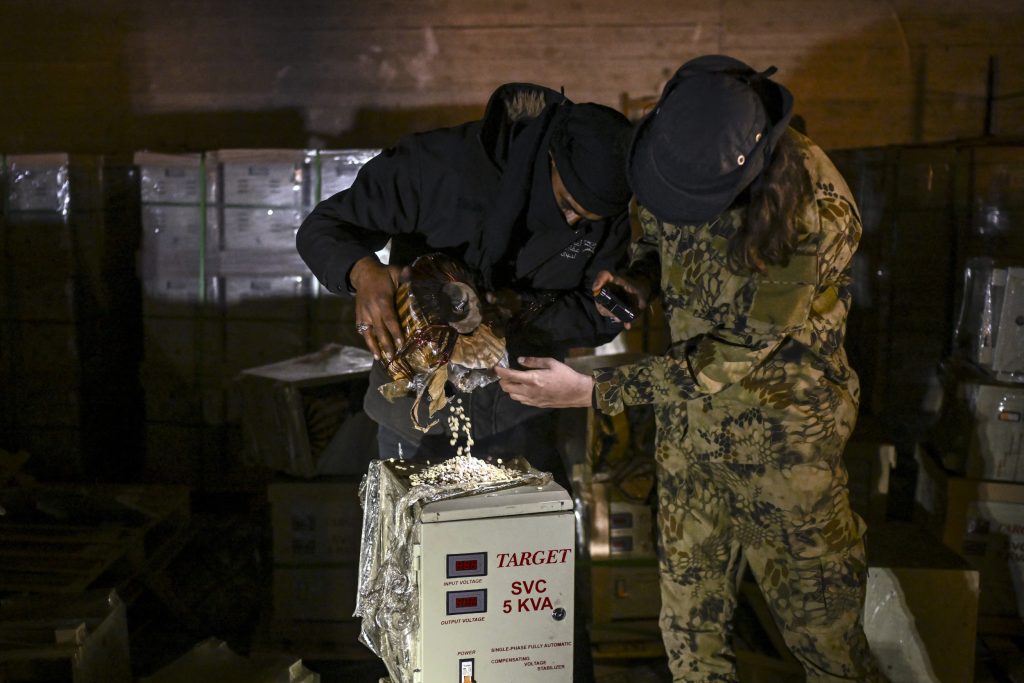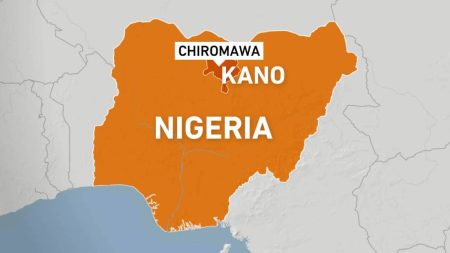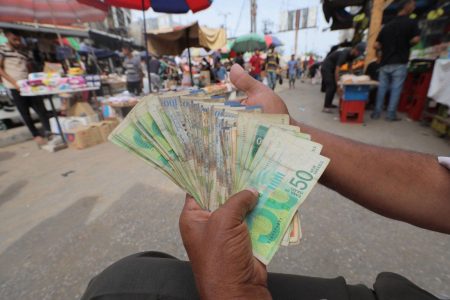The Syrian civil war’s devastating impact paved the way for a sinister industry to flourish: the Captagon drug trade. Under the Assad regime, Syria transformed into a narco-state, with Captagon becoming its most lucrative export, generating an estimated $10 billion annually—a sum exceeding the country’s official GDP. This reliance on illicit drug revenue underscores the regime’s descent into criminal enterprise, with high-ranking officials, including members of Assad’s family, allegedly overseeing production and distribution networks. By the mid-2010s, Syria dominated the global Captagon market, supplying an estimated 80% of the world’s consumption. This illicit trade not only propped up the Assad regime financially but also destabilized the region, fueling conflicts and empowering Assad’s allies, particularly Iran.
Iran, a staunch supporter of the Assad regime, played a crucial role in facilitating the Captagon trade, using it as a mechanism to fund its regional proxies, including Hezbollah in Lebanon. This drug-fueled economy bolstered Assad’s grip on power amidst economic collapse and enabled Iran to expand its influence throughout the Middle East. The flow of Captagon revenue allowed Iran to circumvent sanctions and maintain its support for allied groups, exacerbating regional tensions and contributing to ongoing conflicts. The symbiotic relationship between the Assad regime and Iran cemented Syria’s position as a central hub for Captagon production and distribution, with devastating consequences for the region and beyond.
Hayat Tahrir al-Sham (HTS), the dominant force in Damascus, has identified dismantling the Captagon trade as a primary objective. Led by Mohammed al-Jolani, HTS aims to eradicate the drug trade as a symbol of reclaiming Syria’s sovereignty and breaking free from the legacy of corruption and exploitation under Assad. Al-Jolani has publicly condemned the Assad regime, characterizing Syria as a “farm for Iran’s greed,” highlighting the exploitation of the country’s resources and infrastructure for illicit gain. For HTS and other groups seeking to reshape Syria’s future, eradicating the Captagon industry represents not just an economic or moral imperative but a crucial step toward establishing a legitimate and stable government. However, achieving this goal will be challenging, given the entrenched nature of the drug trade and the potential resistance from powerful actors with vested interests.
Dismantling the Captagon trade carries significant regional and geopolitical implications. It would disrupt Iran’s ability to finance its proxies, potentially weakening groups like Hezbollah and curbing Iran’s regional influence. Jordan, a neighboring country severely impacted by the influx of Captagon, has taken decisive military action, conducting airstrikes within Syria to target drug production facilities and key figures involved in the trade. These actions signal a growing regional consensus that the Captagon crisis demands a collective response. The Gulf states, also grappling with the consequences of Captagon proliferation, have expressed increasing concern, indicating a potential for broader international cooperation to combat the trade.
Eradicating Syria’s Captagon industry will be a complex and multifaceted undertaking. The trade is deeply entrenched within the war-torn economy, with production networks spread throughout the country. While HTS and anti-Assad forces have declared their intention to dismantle the trade, they face significant obstacles, including resistance from criminal organizations and external actors who benefit from the status quo. Regional cooperation will be vital, alongside comprehensive strategies that address the underlying economic and social conditions that allowed the trade to flourish. Stabilizing Syria’s economy, providing alternative livelihoods, and addressing the root causes of the country’s descent into a narco-state will be essential for long-term success.
The Captagon trade represents a defining challenge for Syria’s future. For the governing body in a post-Assad era, dismantling the industry offers an opportunity to demonstrate a commitment to rebuilding a legitimate and stable state, free from corruption and external manipulation. For the international community, it presents a chance to address a transnational crisis with far-reaching consequences. The fight against Captagon is not merely about eradicating a drug trade; it is about rebuilding a nation ravaged by war and reclaiming its sovereignty. The path ahead is fraught with difficulties, but the stakes are high, demanding sustained and collaborative efforts to achieve a lasting solution. The success or failure of this endeavor will profoundly shape Syria’s future and the broader regional security landscape.










